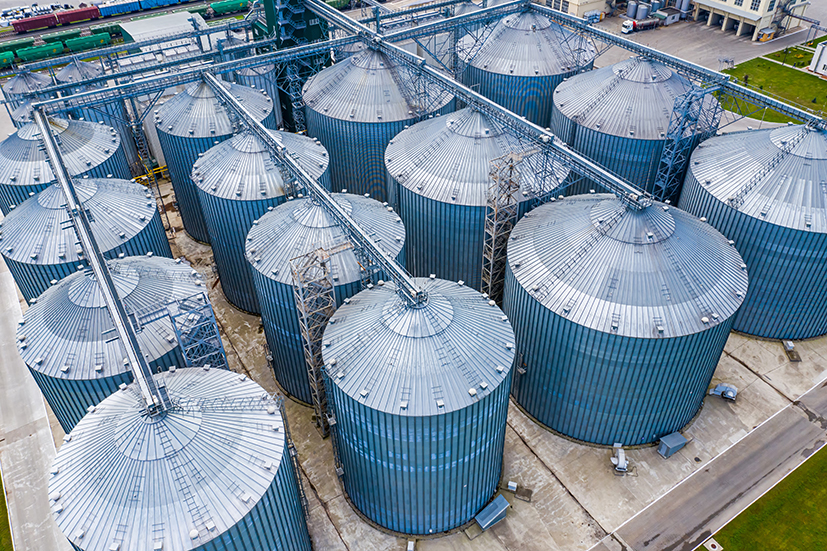Vivergo Fuels, the UK’s largest bioethanol producer, is at a crossroads following the recent UK-US trade deal. The Hull-based plant, which turns locally grown wheat into bioethanol, is on the brink of shutting down due to the removal of tariffs on US ethanol imports. The deal has made it impossible for Vivergo to compete with the cheaper, heavily subsidised US ethanol, and without government intervention, the plant could cease production before September 13.
The company, owned by Associated British Foods (ABF), has begun talks with the UK Government, recognising the strategic importance of maintaining a domestic bioethanol supply. These negotiations offer some hope, but Vivergo has already started consulting with its 160-strong workforce about the potential closure. The plant is not only a major bioethanol producer but also the UK’s largest animal feed production site, indirectly supporting thousands of jobs across the Humber and Lincolnshire regions.
Vivergo’s commitment to sustainable fuels remains strong, with a £1.25 billion deal signed with Meld Energy to develop a Sustainable Aviation Fuel facility at the Hull site. This underscores the plant’s potential to be a key player in clean energy, despite the current challenges posed by the trade deal.
The Government has pledged to continue working closely with Vivergo to explore solutions and protect both jobs and supply chains, but the clock is ticking for the plant’s future.



